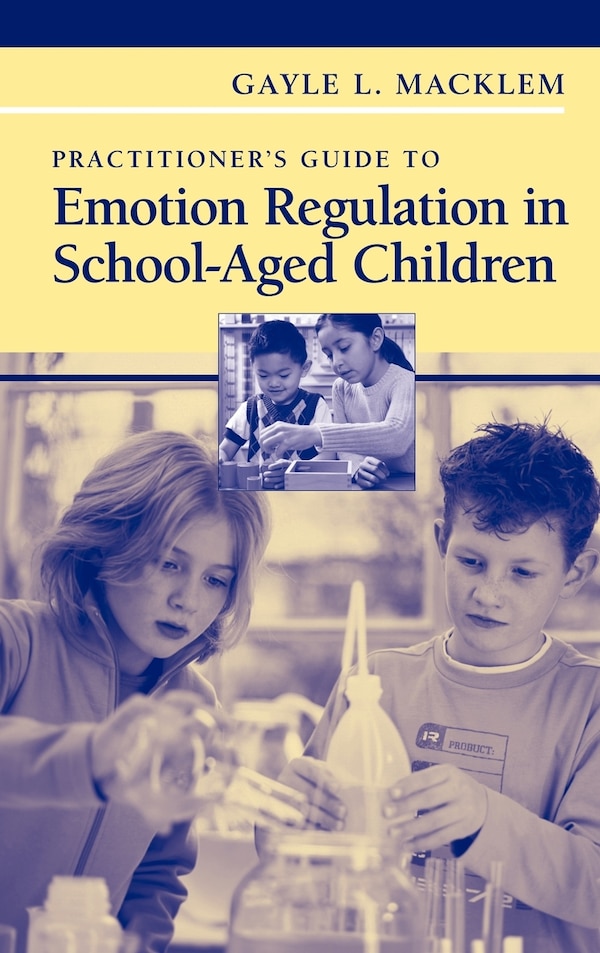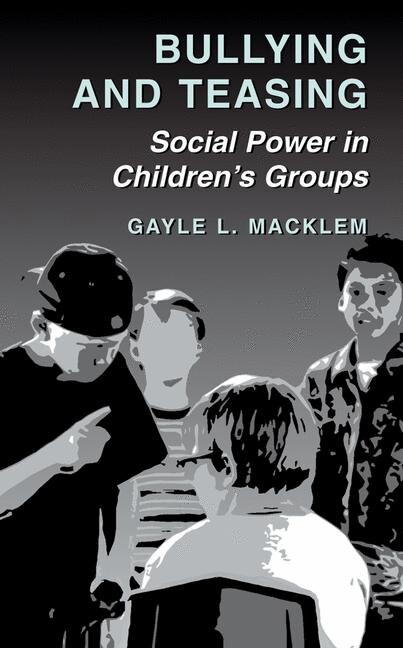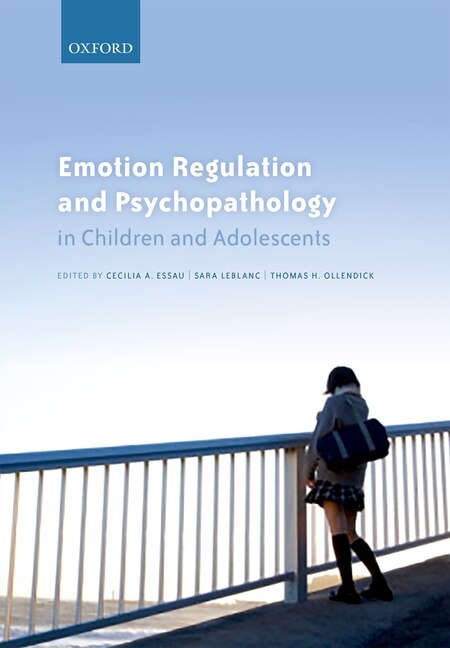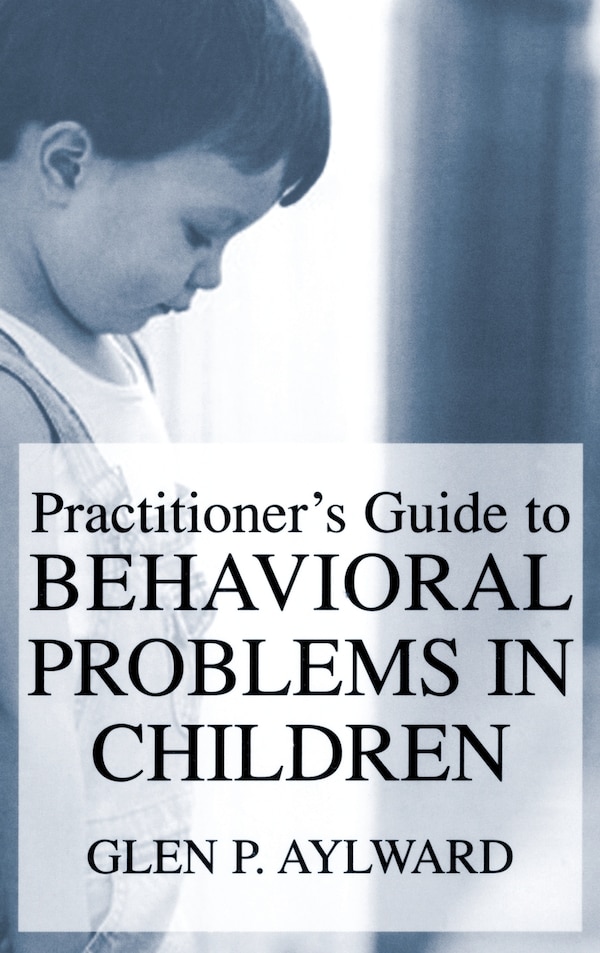Home
Practitioner's Guide to Emotion Regulation in School-Aged Children by Gayle L. Macklem, Paperback | Indigo Chapters
Loading Inventory...

Practitioner's Guide to Emotion Regulation in School-Aged Children by Gayle L. Macklem, Paperback | Indigo Chapters
From Gayle L. Macklem
Current price: $80.50


From Gayle L. Macklem
Practitioner's Guide to Emotion Regulation in School-Aged Children by Gayle L. Macklem, Paperback | Indigo Chapters
Current price: $80.50
Loading Inventory...
Size: 1 x 9.25 x 1
*Product information may vary - to confirm product availability, pricing, shipping and return information please contact Coles
Emotional regulation has to do with a person's efforts to take charge of one's emotions. A child's access to different emotions, a child's ability to modulate or elevate the intensity of emotion that is being experienced, the length of time that a child's intense emotions last and whether or not a child can switch from one emotion to another are aspects of emotional regulation. A child's ability to learn how particular emotions are expressed in particular situations and the child's understanding of his/her own emotions are also part of this complex set of behaviors (Cole, P. M., Michel, M. K. & Teti, L. P., 1994).Many, if not most, of the children with whom school psychologists interact regularly have difficulties with emotional regulation. Children with attention deficit hyperactivity disorder, oppositional defiant disorder, Asperger's Syndrome, autism, nonverbal learning disabilities, and bipolar and personality disorders have significant and often primary difficulties with emotional regulation. Unfortunately, there is little if any literature for school-based practitioners to access that is organized, practical, and readable. The text that is proposed here would meet that need. Currently, affective or emotional regulation is clearly a significant topic in several fields. According to Watt (2004), the topic of emotion is "an exploding subject of compelling attraction to a wide range of disciplines in psychology and neuroscience." Helping children learn to regulate their emotions is, in fact, much more important than many educators and parents realize. Although the concept of affective regulation has become a buzzword among scientists, mental health workers in schools are just becoming aware of their need to understand concepts and to develop strategies for use in their work with children. Emotional regulation during social interaction and regulation of attention are strongly related to school success both academically and socially. In fact, regulation of emotions is absolutely necessary for all sorts of adaptive functioning and general health at all ages. Both elementary and secondary teachers view children's ability to control negative emotions as crucial for success in school (Lane, K. L., Givner, C. C. & Pierson, M. R., 2004; Lane, K. L., Pierson, K. R & Givner, C. C., 2004). A child who has difficulty dampening negative emotions will most likely be at risk for developing behavioral problems or anxiety and depressive disorders (Silk, J. S., Shaw, D. D, Lane, T. J., Unikel, E. & Movacs, M., 2005).This text will explore recent knowledge about:Emotion and the brain. The conditions of early childhood that influence emotional regulation. How a child learns to regulate emotions. What happens when emotional regulation goes awry and becomes dysregulated. The text will examine the concept of affective style and how negative emotionality or reactivity and emotional regulation can interfere with social competency as well as academic and behavioral competency. Because poorly regulated children are at risk for serious adjustment difficulties, school psychologists need strategies to help children improve in self-regulatory skills. Knowledge about how to help children access a range of emotions, to modulate the intensity of emotion, and to shift from one emotional state to another is a critical need. In addition, school psychologists and other mental health workers need to learn how to help parents understand their vital role in influencing the development of self-regulatory skills in their children. This text will also review the more extreme disorders of emotional regulation because understanding children who experience the most extreme difficulties with emotional regulation can help us develop interventions for children whose issues are less intense. As society becomes more stressful and complex, while at the same time the demands for performance increase, school-aged children are at increasing risk for adjustment difficulties. School psychologists and other mental health workers in schools are hungry for concrete approaches to help children develop relationships, to be more successful in the classroom and in the peer group. Most important, this text will contain many practical strategies for helping children, their families and their teachers to help children more successfully negotiate their worlds on a day-to-day basis. | Practitioner's Guide to Emotion Regulation in School-Aged Children by Gayle L. Macklem, Paperback | Indigo Chapters



















